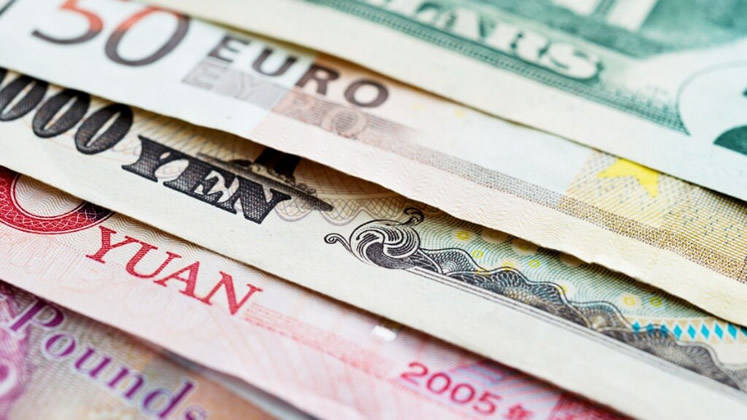Nigeria’s foreign exchange reserves have fallen by $1.6bn to $32.97bn since the Central Bank of Nigeria (CBN) tried to unify the country’s foreign exchange rates.
On June 14, the apex bank asked Deposit Money Banks to remove the rate cap on the naira at the official Investors and Exporters’ Window of the foreign exchange market to ensure the free float of the national currency against the dollar and other global currencies.
In a circular, the bank stated: “The Central Bank of Nigeria wishes to inform all authorised dealers and the general public of the following immediate changes to operations in the Nigerian Foreign Exchange Market: Abolishment of segmentation.
“All segments are now collapsed into the Investors and Exporters window. Applications for medicals, school fees, BTA/PTA, and SMEs would continue to be processed through deposit money banks. Re-introduction of the ‘Willing Buyer, Willing Seller’ model at the I&E Window. Operations in this window shall be guided by the extant circular on the establishment of the window, dated 21 April 2017, and referenced FMD/DlR/ClR/GEN/08/007. All eligible transactions are permitted to access foreign exchange at this window.”
Since then, the naira and foreign currency reserves have recorded a decline. As of June 15, the country’s gross FX reserves stood at $34.62bn. However, the foreign exchange reserves fell to $32.97bn as of December 1, 2023, according to data from the CBN.
The decline in the FX reserves has been blamed for the fall in the naira rate and has been attributed to the limited capacity of the country to earn foreign exchange from both non-oil and oil exports and increasing FX demand which has seen the naira weaken by more than 40 per cent since June.
In July, the bank noted that accretion to external reserves remained weak while foreign exchange demand pressures persisted. During the bank’s Monetary Policy Committee Meeting, one of the members, Prof. Mike Obadan, highlighted that amidst unabating demand, the fundamental problem of the foreign exchange market remains inadequate foreign exchange supply reflecting low productivity of the economy, inadequate export earnings, and limited foreign capital inflows.
Obadan is worried that the country’s external reserves is in an uncomfortable position and is a key concern for the domestic economy.
In its recent Africa Outlook report, the Economist Intelligence Unit, disclosed that Nigeria doesn’t have enough in its FX reserves to back up its exchange rate unification policy.
It stated: “In Nigeria, an unsupportive monetary policy implies that the naira will remain under pressure, while the central bank lacks the firepower to adequately supply the market or clear a backlog of foreign exchange orders, which will keep foreign investors unnerved. High inflation and a continued spread with the parallel market will leave the exchange rate regime unstable and result in periodic devaluations.”
Recently, JP Morgan estimated Nigeria’s net FX reserves at $3.7bn following owing to larger-than-expected currency swaps and borrowing against existing reserves. It noted that this low net FX reserves mean continued FX market pressures, although the CBN may source FX at commercial and semi-commercial rates.
However, the CBN Governor, Mr Yemi Cardoso, expects that with time, the removal of petrol subsidy and the adoption of a floating exchange rate, among other government policies, will have positive effects on the economy in the medium-term.


